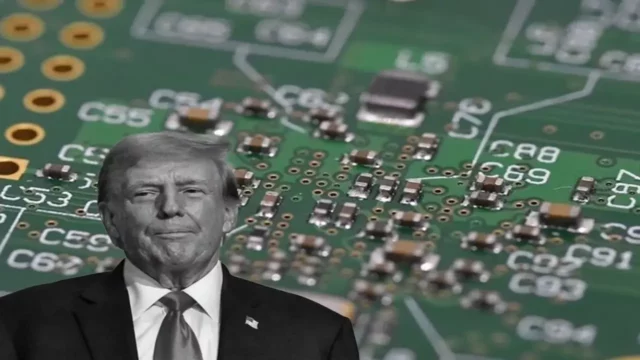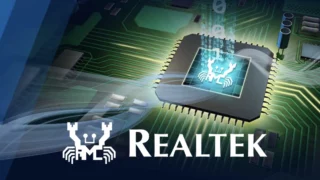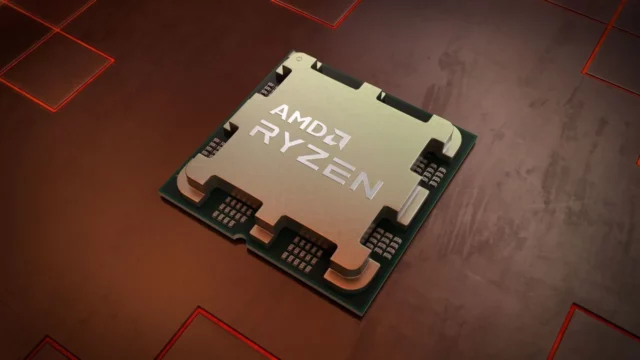U.S. Commerce Secretary Wilbur Ross dropped a political and economic bombshell today. During a tense press briefing, Ross confirmed that tech tariff exemptions granted under Trump’s administration are strictly temporary. His statement ignited fresh concerns across global supply chains and tech markets.
Ross addressed reporters with an urgent tone. “Companies must prepare. These tariff exclusions won’t last forever,” he said. The comment comes amid ongoing trade negotiations with China, Taiwan, and South Korea—major exporters of semiconductors, servers, and consumer electronics.
Exemptions for key tech components
The Trump administration recently allowed exemptions for key tech components. These include advanced chips, OLED panels, and rare earth minerals—crucial elements in smartphones, laptops, and electric vehicles. However, Ross clarified that these exemptions serve only to “buy time” for American industries to pivot and scale.
Investors reacted immediately. Nasdaq futures dropped 1.8% within the hour of Ross’s comments. Major players like Apple, NVIDIA, and Intel saw stocks dip in after-hours trading. Asian tech markets followed suit, fearing supply disruption and increased costs.
Tech manufacturers expressed concern. A spokesperson from Taiwan Semiconductor Manufacturing Company (TSMC) stated, “We need clear policy direction. This uncertainty damages trust and planning.” South Korean tech giant Samsung also weighed in, warning that “tariff volatility jeopardizes global innovation efforts.”
Meanwhile, U.S. electronics retailers face mounting pressure. They depend heavily on imported components to keep shelves stocked. “We can’t instantly reshuffle the entire sourcing model,” said Best Buy’s CEO in a CNBC interview. “These are long-term global networks, not faucet valves.”
Ross defended the administration’s tough stance. “America must reduce its dependence on foreign tech,” he declared. “We must protect national interests and economic independence.”
White House aides confirmed Trump supports this direction. In a social media post, he wrote: “We’re bringing tech back HOME! No more unfair deals.”
But critics warn of long-term economic fallout. Harvard economist Dr. Elaine Brooks argued that “isolationism in tech will only slow innovation and hurt American consumers.” She emphasized the role of international collaboration in driving AI, quantum computing, and biotech breakthroughs.
Congress now faces increasing pressure. Lawmakers on both sides called for hearings to assess the impact on small businesses, jobs, and R&D pipelines.














